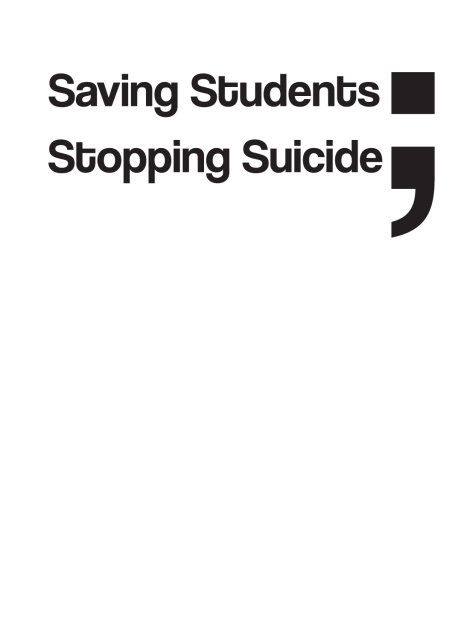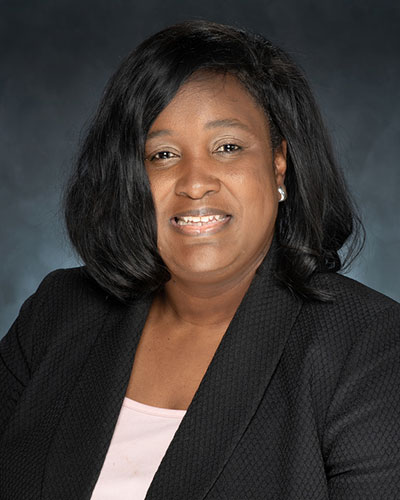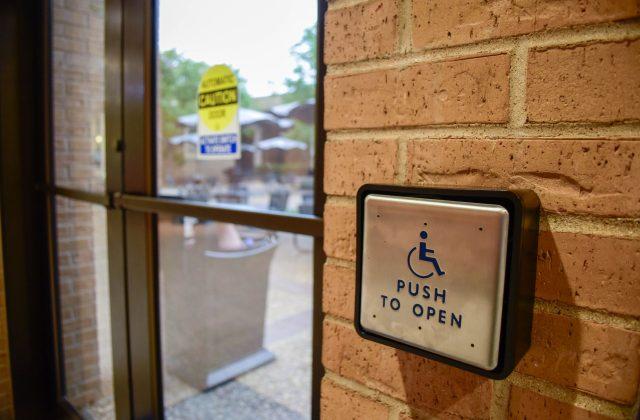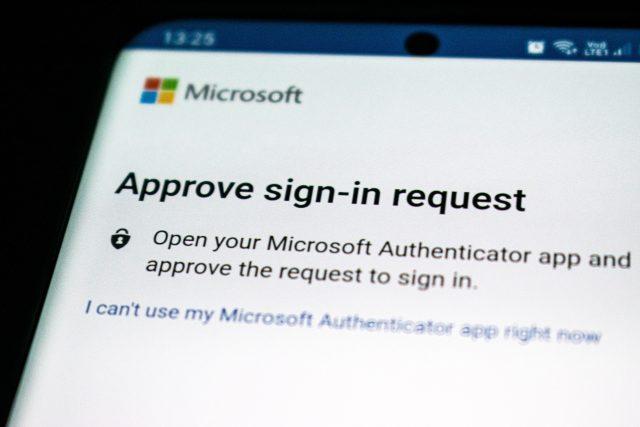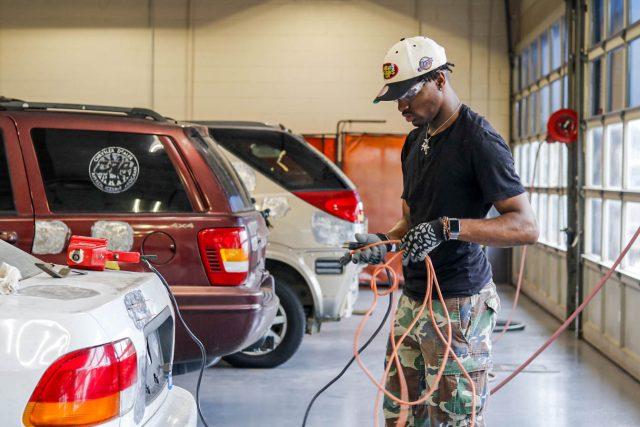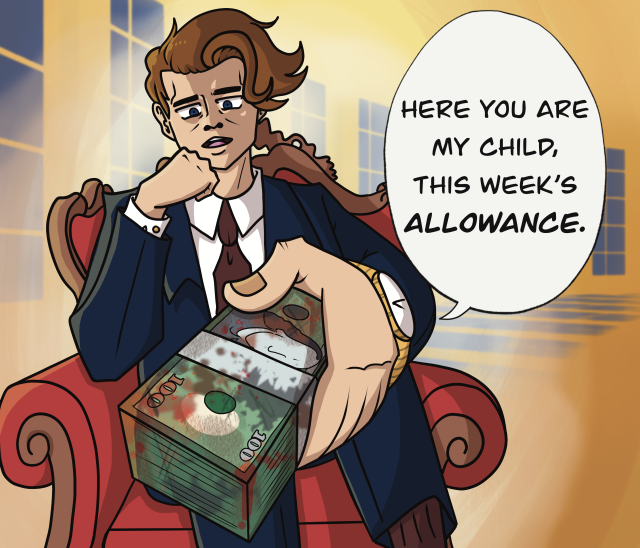HOPE SMITH
editor-in-chief
hope.smith393@my.tccd.edu
Imagine 1,100 pinwheels gently spinning in the breeze, each a quiet reminder of a life lost to suicide.
As the second leading cause of death among college students, the pinwheels represent the number of college student suicides yearly.
These pinwheels are planned for NW Campus as an impactful display, one of a few different efforts made by the other campuses during National Suicide Prevention Month.
TCC counselors are striving to understand the complex situation that students find themselves in, leading to thoughts of ideation.
“Many of our students don’t have access to quality health care and mental health counseling,” NW counselor Jamie Stroud said. “Sometimes they’re working two or three jobs as well as school, and they’re one person. Just one person.”
This topic is personal to NW Director of Student Conduct Leon Minor, who knew a student employee that committed suicide at a previous university he worked at. He says it is still something he struggles with today.
“It hits me pretty hard just thinking about that, and not knowing … what did I miss?” he said. “Could I have done something to maybe prevent that?”
During the NW event, he wants to ensure students know that mental health resources will be accessible next to the display.
“If a student is having thoughts of suicide, there are people here that can help, and if they would like to talk about it, we can get them connected to campus resources, as well as community resources,” Minor said.
NE student Stella Swindle believes it is important to educate people on suicide prevention. She noticed in her personal life that suicide prevention is becoming more commonly talked about, as well, something she noted didn’t used to be so.
“It can be a triggering topic, but it’s not necessarily taboo to talk about,” she said.
SE Campus hosted their awareness event Sept. 12, and surveyed students on their understanding of campus resources.
The results showed that 60% of SE students who took the survey were aware that TCC provides mental health counseling services free of charge. However, 26% of those who haven’t spoken with a counselor or other trusted professional responded by saying they think they can manage the issue themselves or with the help of family and friends. Thirteen percent said they were not ready to talk about it and another 13% said they didn’t know if therapy was right for them, or “other.”
SE Counselor Brandi Nichols, the organizer for the event, said she was speechless seeing the results that said 52% of students in the survey hadn’t spoken to a professional after 60% acknowledged the counseling resources available.
“It just kind of begs the question as to what are people’s thoughts related to counseling, and even the phrase, the stigma associated with it, and if they really have an already preconceived notion as to whether or not it’s helpful,” Nichols said.
She sees importance in dedicating time to suicide prevention and awareness, so much so that she is certified in QPR, a suicide prevention training.
“Anyone can help save someone’s life and they say, in general, if you ask someone If they were going to commit suicide or considering it, that question alone reduces the likelihood that they will,” she said.
Suicide deaths start from a young age as it is the second-leading cause of death for people 10-24 years old in Texas, according to American Foundation for Suicide Prevention.
Nichols acknowledged that young people are encountering new problems that pose troubles like cancel culture, social media and online culture.
“I just think there’s so many things going on, you think about socially, especially now, right?” she said. “Societal pressures, peer pressure, self-esteem, hormonal changes, right? Your brain is not fully developed, so you’re not able to process your thoughts and emotions as effectively as you would once you’re older.”
In order for change to take place, she thinks people need to open the conversation to suicide prevention, and listen to people crying out for help.
“I think it’s normalizing counseling, it’s normalizing mental health issues, it’s normalizing prioritizing your mental health,” she said. “And it’s just being more than anything a good listener, because if we’re listening, people are telling us in coded language, right in their demeanor.”
CORRECTION: In an older version, the story did not include Leon Minor’s first name and title on first reference. An attribution was added to his second and third quote, as well.

























